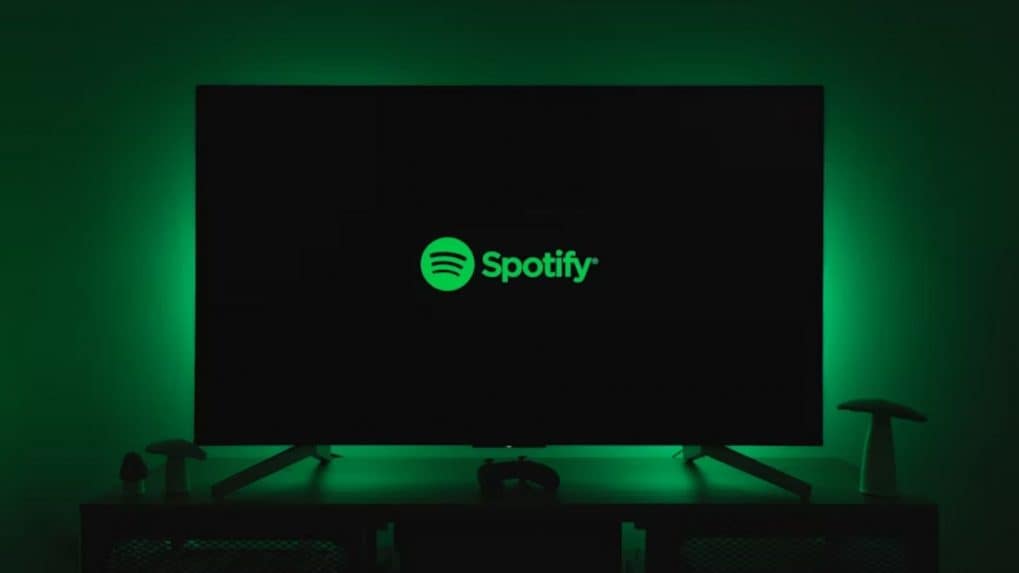Spotify’s explicit content: Streamer facing a brand safety problem?
Spotify faces questions over sexually explicit content on its platform, with brand safety fears rising among Indian advertisers.
ADVERTISEMENT
Spotify, one of India’s leading audio streaming platforms, is facing mounting questions from advertisers over the presence of sexually explicit content on its service. Marketing and brand experts warn that ads running alongside pornographic content, “sexual ASMR,” and adult-themed podcasts could severely damage brand perception and trigger a pullback of ad spend.
The growing unease among brands comes even as the Ministry of Information and Broadcasting (MIB) recently cracked down on 25 OTT platforms for streaming obscene material, sparking fears that Spotify could be next under the regulatory lens.
Storyboard18 on August 19 had reported "After ban on 25 OTT Apps, scrutiny could mount over Spotify’s explicit content policies." The content continues to remain on the platform.
For advertisers, the stakes are high. Advertising adjacency to explicit or obscene content has long been a red flag, and Spotify’s situation is reviving those concerns.
Read More: After ban on 25 OTT Apps, scrutiny could mount over Spotify’s explicit content policies
“Placement of ads next to lewd or erotic content can seriously undermine a brand’s image—viewers feel uneasy, trust erodes fast, and advertising becomes more of a liability than an asset,” said Yasin Hamidani, Director at Media Care Brand Solutions. “Brands want safe, curated spaces, not accidental associations with inappropriate content.”
Hamidani warned that advertisers are already vigilant about brand safety on Spotify. “If they suspect their ad might run alongside explicit or adult content, they will pull back unless Spotify offers clear and reliable controls to prevent that. If Spotify doesn’t fix its content moderation gaps, it risks a backlash similar to what X faced.”
This sentiment echoes the wider trend in the advertising industry, where brand safety filters and strict placement controls are now considered indispensable.
“No Scale Justifies Unsafe Ad Placement”
Ambika Sharma, Founder and Chief Strategist of Pulp Strategy, highlighted the severity of the issue. “If a platform cannot guarantee brand safety, advertisers will simply move their budgets elsewhere because no scale or audience justifies the risk of adjacency to explicit content,” she said.
According to Sharma, advertisers have already begun exercising extra caution on Spotify, often restricting their campaigns to “safe” playlists or leaning on stricter filters. However, she pointed out that the problem lies in the platform’s moderation. “Unlike X, Spotify has a stronger foundation in music and audio experiences, which makes this a solvable problem if addressed quickly. But in the absence of credible moderation, brands will reduce or withdraw spending.”
She added that brand perception risks are immediate and severe in such cases. “One poor placement can undo years of brand-building work. The reality is simple—platforms that cannot guarantee safety will eventually lose the confidence of advertisers.”
GV Krishnamurthy (GVK), Principal at AiNxtGen, said, “Sexually explicit content on Spotify, especially when easily accessible or poorly moderated, can damage the platform’s brand perception in several ways. In markets like India, where social norms and legal frameworks are stricter, the ready availability of such content is seen as irresponsible or even negligent.”
Krishnamurthy said, "Spotify is certainly at risk of facing a similar backlash to what X (formerly Twitter) experienced, if its content moderation remains insufficient. The foremost concern is reputational, a single high-profile incident of a brand’s ad running next to explicit material can trigger a significant public and industry response. Regulatory scrutiny (such as recent moves by India’s Information and Broadcasting Ministry) raises the stakes even further."
When contacted, Spotify maintained that it does not allow pornography or sexually explicit content on its platform. “Our Platform Rules make it clear that we do not allow sexually explicit material, such as pornography, and we leverage a variety of algorithmic and human detection measures, including user reports, to identify these types of content. We continuously review and take action against any content that violates our policies,” a Spotify spokesperson said.
The company also pointed to ongoing efforts to improve age-appropriate experiences: “In addition to age checks in certain markets, we are exploring other ways to ensure we have up-to-date age information and will continue to iterate our approach where it makes sense.”
Despite Spotify’s official stance, explicit content remains accessible, indicating gaps between the company’s policy commitments and implementation.
Read More: Crackdown on OTT platforms: What’s next after the big obscenity ban?
Read More: Media industry rallies for distinct rules for TV and OTT regulation


